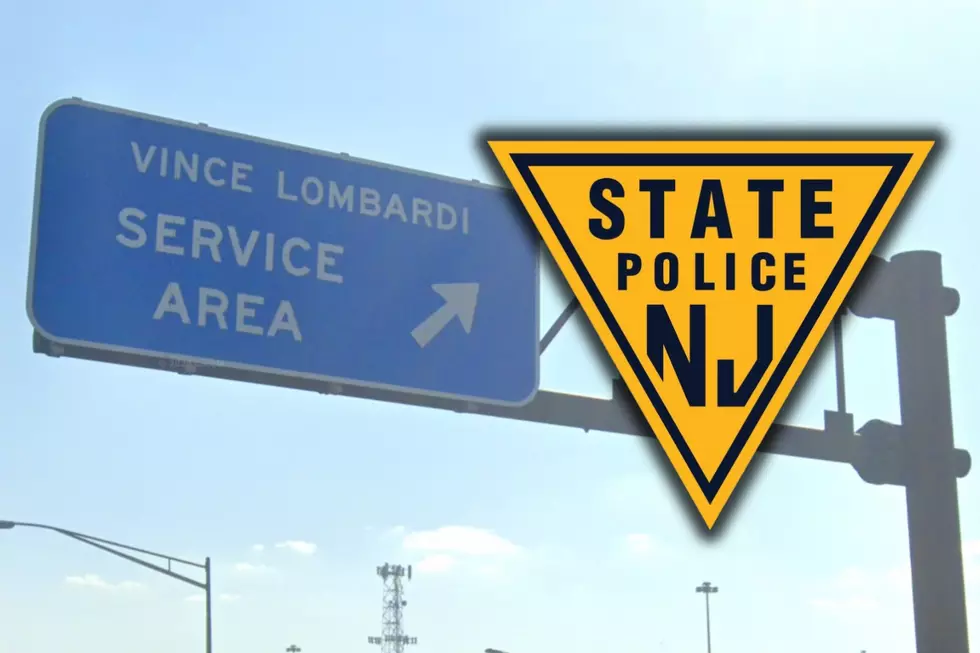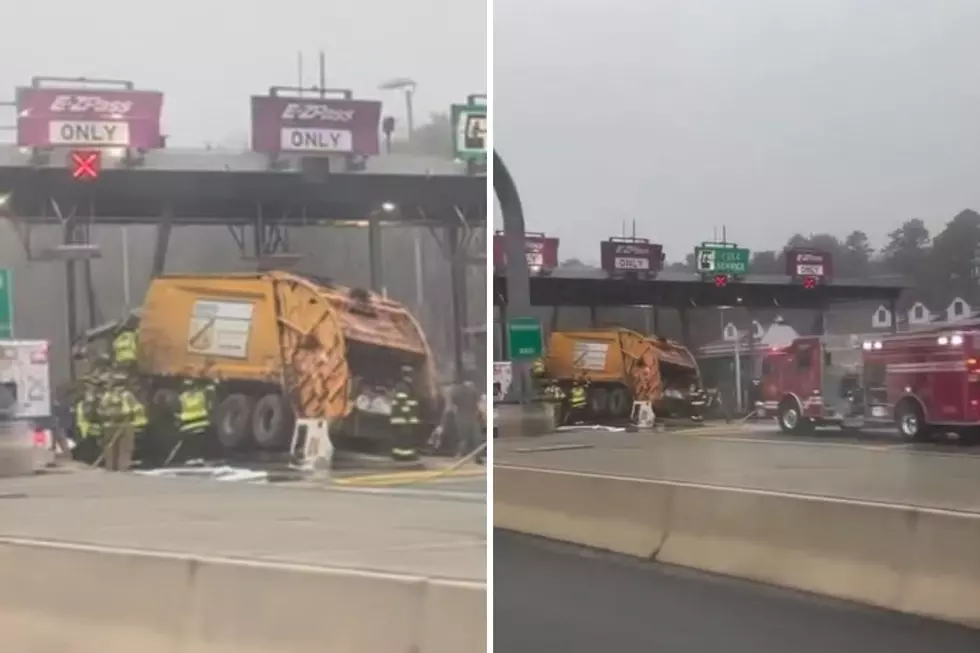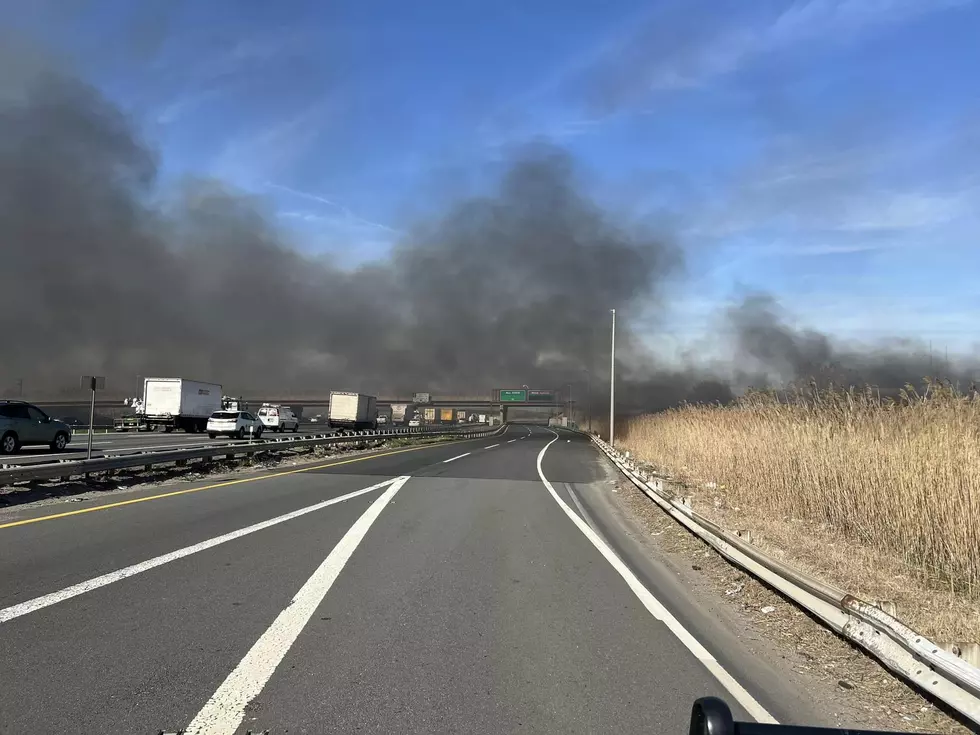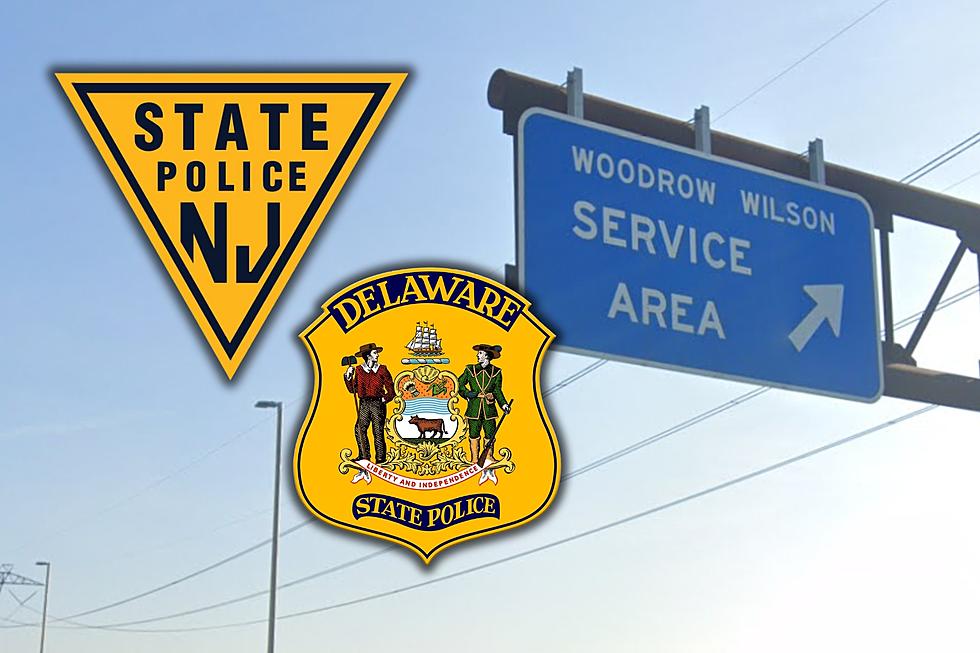![NJ Roadway Ratings Continue to Fall [AUDIO]](http://townsquare.media/site/564/files/2013/10/image3.jpeg?w=980&q=75)
NJ Roadway Ratings Continue to Fall [AUDIO]
For many New Jersey residents, their commutes have gotten worse over the past two years and good ratings on roadways across the state have declined. That's according to a recent AAA survey which was completed in November, before the long winter took a toll on the roads and before potholes became as prevalent as they are now.
"It's not surprising that 37 percent of those polled said that their commute has gotten worse, but what is surprising is that these questions were asked in November, before all of the potholes had made an appearance and before the awful winter," said Tracy Noble, spokesperson for AAA Mid-Atlantic. "So, I am sure that if we asked the same people that question today, that number would be even higher."
According to the survey, all roadways have seen a decline in good ratings, but toll roads and major interstates were still among the best. Toll roads, like the New Jersey Turnpike and Garden State Parkway, were ranked as the best maintained, with 70 percent calling the commute good or excellent. Interstates received a 60 percent good or excellent rating. Other roads did not fare as well. Since 2003, good rankings on roads like Routes 1 & 9, 31 and 206 have climbed, but this year 28 percent fell back below 2005 rankings, and a majority of commuters ranked the roadways as fair.
"Local roadways in South Jersey had a significantly higher rating of poor than those in Central or North Jersey," Noble said. "What we can see is that the years of inadequate funding can be clearly seen by commuters in the conditions of their roadways. Across the state, commuters are seeing worsening conditions and feel there is no end in sight."
Commuters who use mass transit also had poor ratings for their commutes, with 53 percent saying their commute has gotten worse over the last two years. Despite that fact, ridership continues to increase. In fact 12 percent said they used mass transit for part of their commute, up from seven percent in 2009. For the first time since 2005, motorists were wary of supporting new taxes to pay to address these concerns.
"While commuters want roadway repairs to be financed there is a general distrust that the money will get to the right place and an aversion to any increases in taxes," Noble said in a press release Tuesday.
For more information, visit http://midatlantic.aaa.com.
More From WPG Talk Radio 95.5 FM










